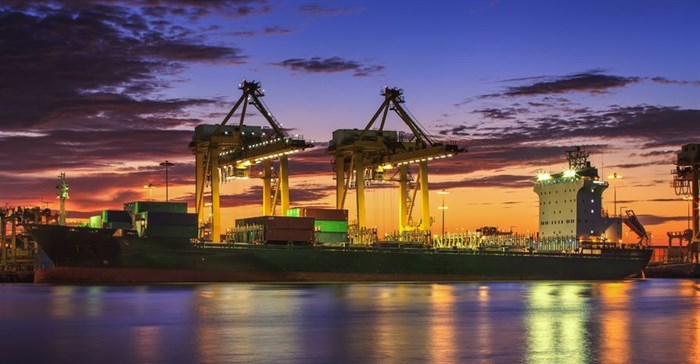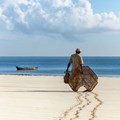More than 150 delegates and speakers are expected to attend the inaugural Africa Blue Economy Forum (ABEF) set for 7-8 June in London. Coinciding with World Oceans Day, discussions will be centred on the economic contribution of African oceans.
The blue economy is an integral part of the African Union's Agenda 2063. The debut forum aims to enable businesses and policymakers to understand, explore and invest in Africa's blue economy, to harness its potential and create a sustainable business model for the future.
Leila Ben Hassen, founder of ABEF 2018 and CEO of event organiser Blue Jay Communication, said: "At ABEF 2018, we will discuss crucial issues, such as how the blue economy can help create jobs and accelerate sustainable growth and development across the continent.
"We will also examine which economic policies will facilitate a better ocean economy and open up opportunities for investors and entrepreneurs. In Africa, where 70% of the states are coastal, the ocean is not only a key driver for global trade but is also a major source of food and energy."
Wide range of sectors
The blue economy covers aquatic and marine spaces, including oceans, seas, coasts, lakes, rivers and groundwater. It includes a wide range of productive sectors, such as fisheries, aquaculture, tourism, transport, commerce and trade, shipbuilding, energy, protection and restoration. The blue economy also encapsulates extractive industries, for example underwater mining and offshore oil and gas, provided they are undertaken in a manner that does not cause irreversible damage to the ecosystem.
Welcoming the initiative, Dr Carlos Lopes, former executive secretary of the UN Economic Commission for Africa (UNECA) said: "Several African countries already are formulating strategies to mainstream the blue economy into their national development plans. For instance, the Seychelles has established a ministry dedicated to promoting the blue economy.
"In South Africa, Operation Phakisa is expected to create one million new jobs by 2030 and add R177bn to the country's GDP. More countries must follow suit to reap from the available socio-economic opportunities," Dr Lopes added.
For more info, go to www.abef2018.com.


























